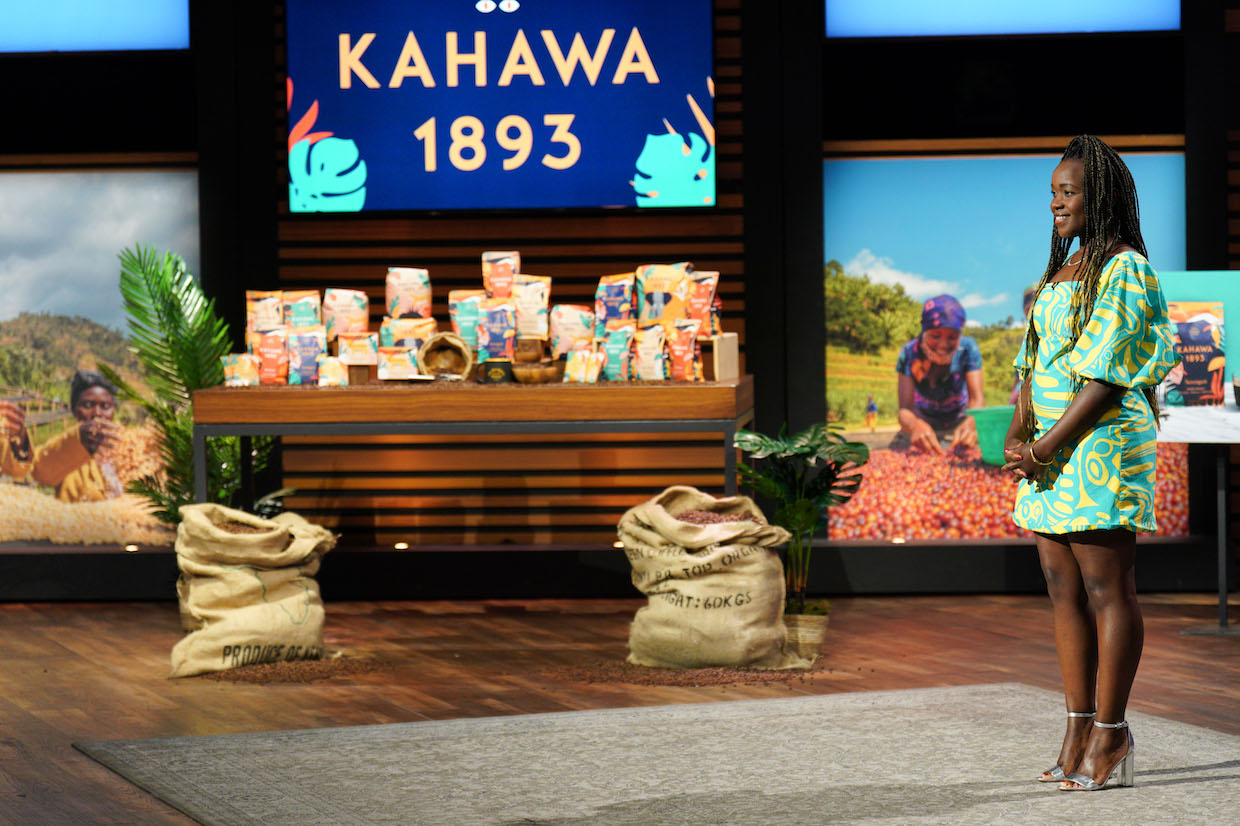
Margaret Nyamumbo on the recent episode of Shark Tank. Image courtesy of Kahawa 1893. Used with permission.
Kenyan coffee and the farmers who produce it received a mainstream boost last month from Kahawa 1893 founder Margaret Nyamumbo.
Appearing on the ABC hit show “Shark Tank” in prime time, Nyamumbo pitched the business concept and its driving mission: to value and promote Kenyan coffee while supporting women-driven farms and cooperatives.
“A lot of the labor is coming from women, and the men take over once it’s ready for trading,” Nyamumbo told DCN. “There’s a lot of male representation on the trading and roasting side, but the coffee’s grown and processed by women.”
The pitch was so solid that it created something of a bidding war among the show’s celebrity investors. Ultimately, guest “shark” Emma Grede and Nyamumbo agreed on a $350,000 investment for an 8% stake in the company.
As Kahawa 1893 moves forward, it continues to draw from Nyamumbo’s deep roots in coffee. She grew up in Kenya on her grandfather’s coffee farm before moving to the United States and eventually earning an MBA from Harvard University. While working in finance in New York, where Nyamumbo is based today, she developed an affinity for coffee as a consumer.
“The specialty coffee movement was growing. People were curious about where coffee was coming from,” Nyamumbo said. “I became interested in the coffee we used to export.”
After studying coffee roasting and evaluation skills under a mentor, Nyamumbo launched her own brand in 2017, focusing squarely on green coffees from Kenya.
Kahawa is the Swahili word for coffee, and 1893 is a reference to a time period when slavery had been abolished in Brazil and commercial coffee production took hold in parts of Africa. Said Nyamumbo, “The name celebrates the journey of coffee and Africa’s role in it.”
While maintaining direct ties to farms in Kenya — including Nyamumbo’s family farm, which is still in operation — Kahawa 1893 maintains relationships with producers in the Democratic Republic of Congo and Rwanda.
Each bag of direct-sourced coffees offers a QR code through which customers can send tips to producers. The roasting company then matches those tips, which have totaled more than $20,000 to this point.
“We tip baristas; we tip servers,” Nyamumbo said. “We can use a similar mechanism to bring more resources back to farmers.”
After becoming the first Black woman-owned coffee brand to be sold in Trader Joe’s and the recent prime time success, Kahawa 1893 and its founder hope to shine an even brighter light on the producers behind the brand.
“One of the biggest things to come out of ‘Shark Tank’ that I didn’t expect was the episode went viral in Kenya,” she said. “That was because people felt seen for the first time on a global stage. It’s sort of confirmed this idea that people want to be seen in the brands that we’re consuming.”
DCN recently asked Nyamumbo these three questions:
What about coffee excites or inspires you most?
For me, it’s about the impact. I approach coffee as a tool for impact, based on my experience coming from the coffee-growing side, seeing how coffee can transform communities. It’s a delicious beverage that’s social and can create bonds, but I also see the potential that it has to transform communities in a positive manner.
What about coffee troubles you most?
I wish that the gains or the profits were fairly distributed. We’re still working through that colonial structure that has disadvantaged producers. Part of making that situation better or improving equality in coffee has to do with creating a new architecture for how coffee is traded. One of the things we hope to do in the future is have more vertical integration where farmers can have ownership from farm to cup. They can participate. A lot of the value is attributed to roasting and coffee brewing, so finding a way for farmers to be able to participate in that part of the value chain.
What would you be doing if it weren’t for coffee?
I would probably still be in finance, that’s where I was last before I changed into coffee. I most likely would still be in finance, but probably working somewhere that’s related to consumer goods in some way.
Is there someone in the coffee world who inspires you? Nominate them for DCN’s ongoing Three Questions series.
Libby Allnatt
Libby Allnatt is a writer with a passion for trying new coffee shops. She lives in Salt Lake City, Utah.



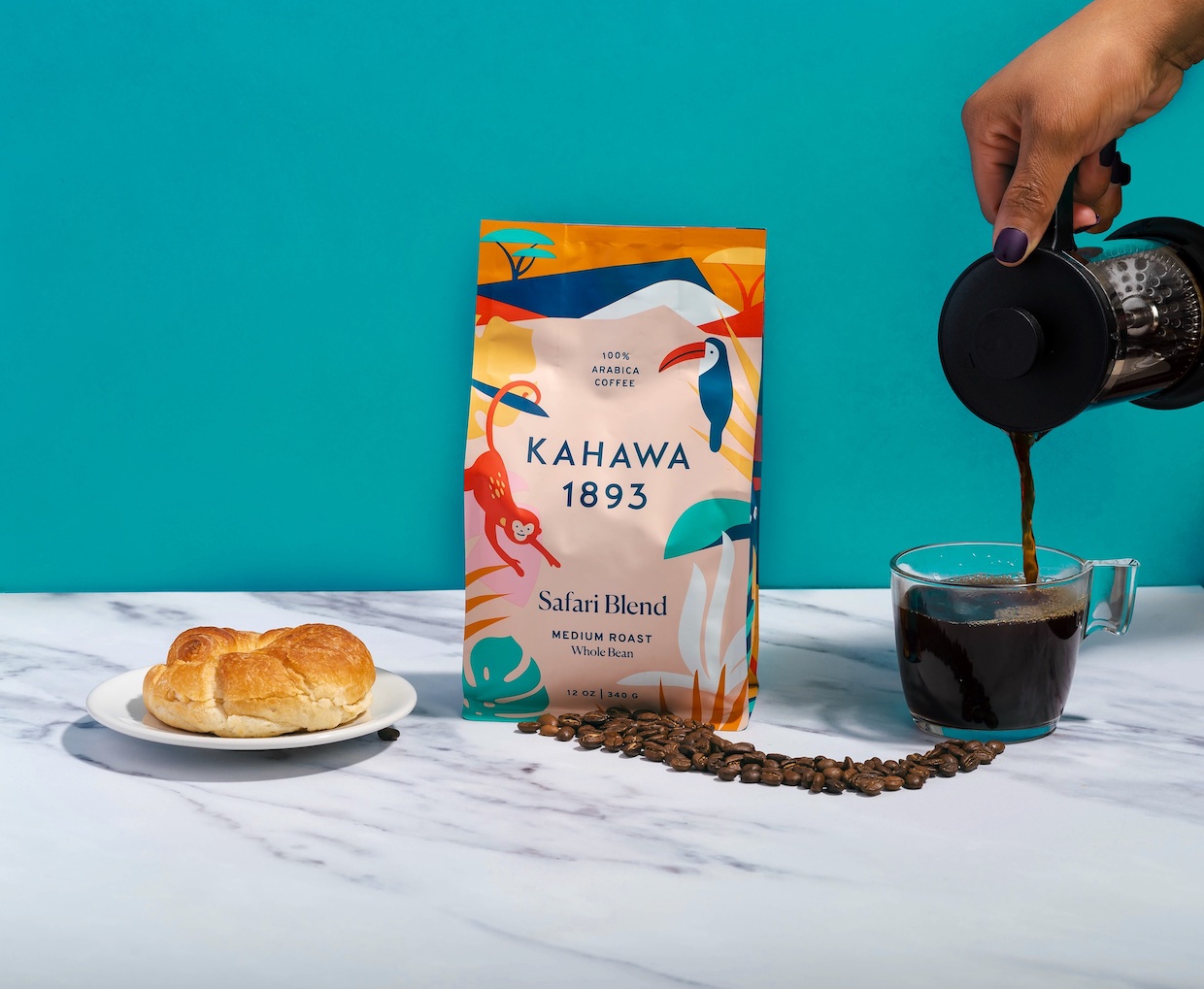
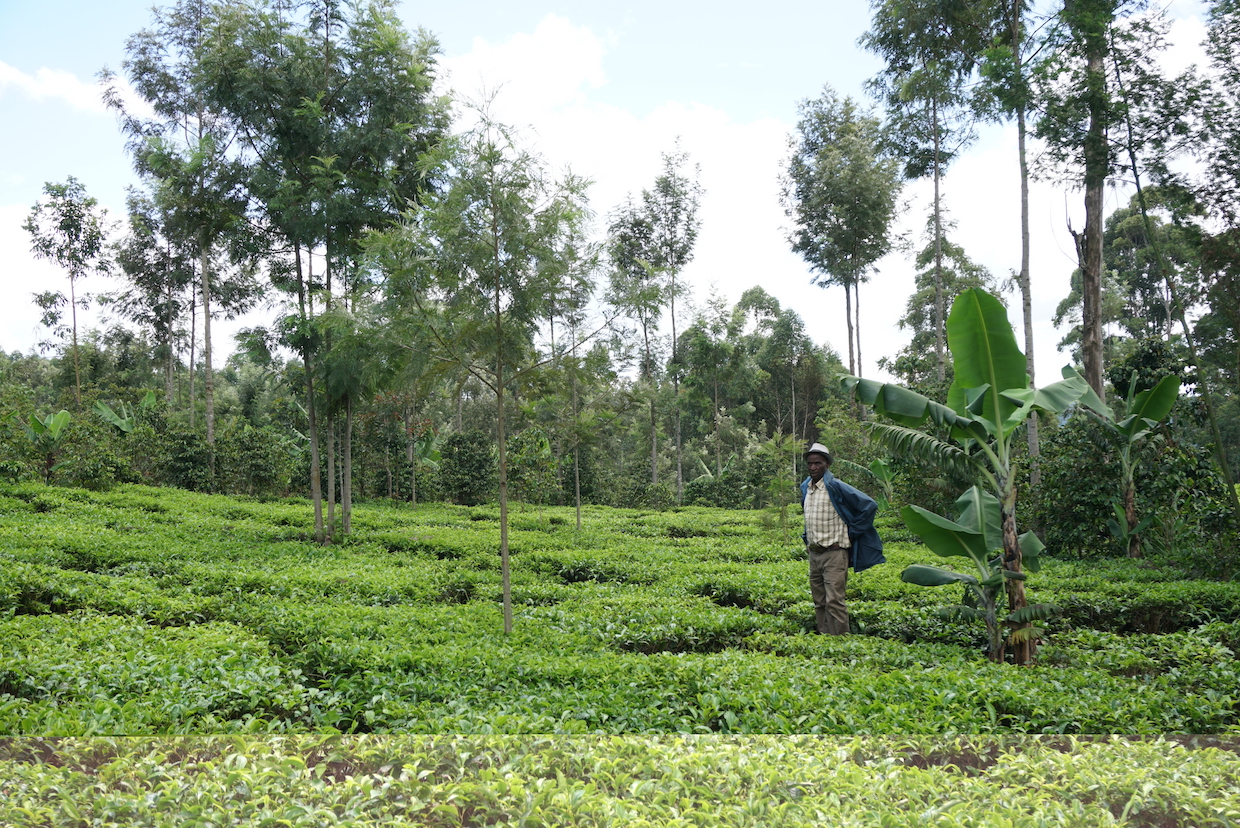
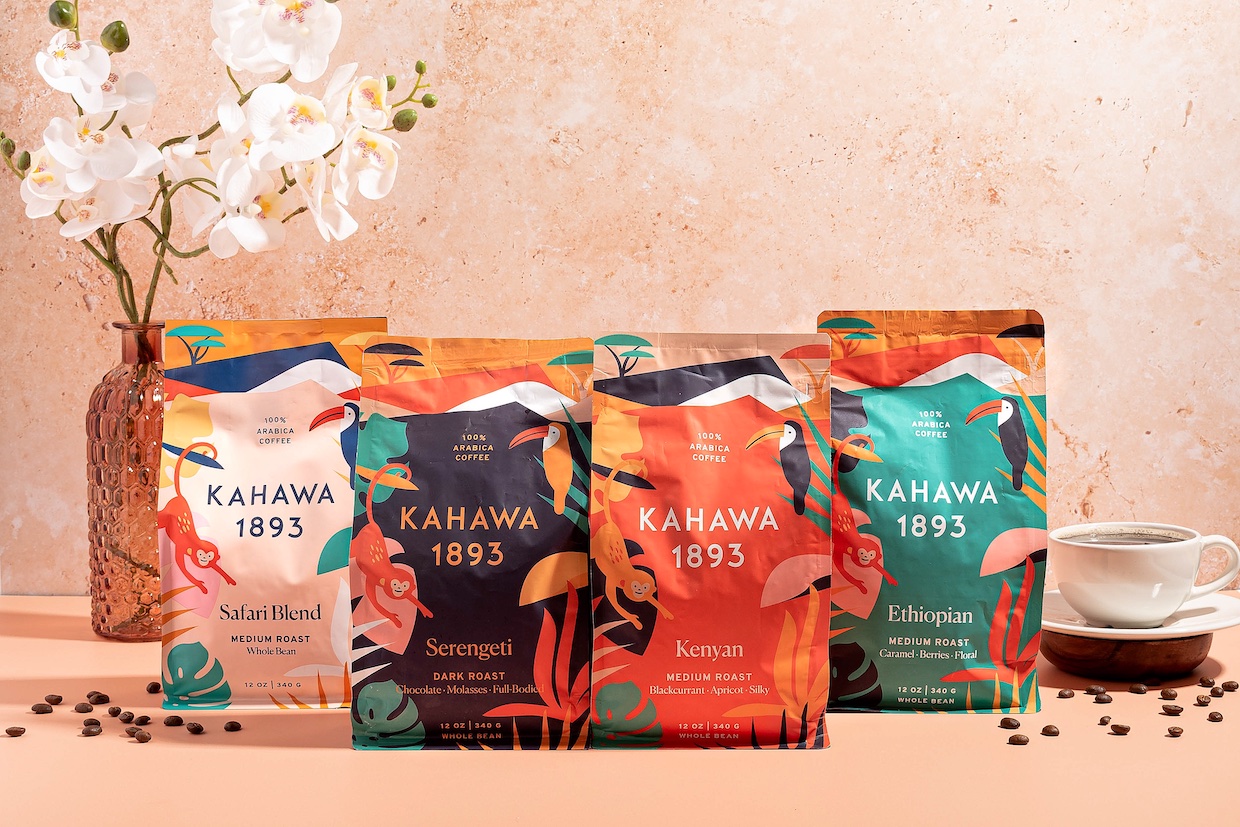
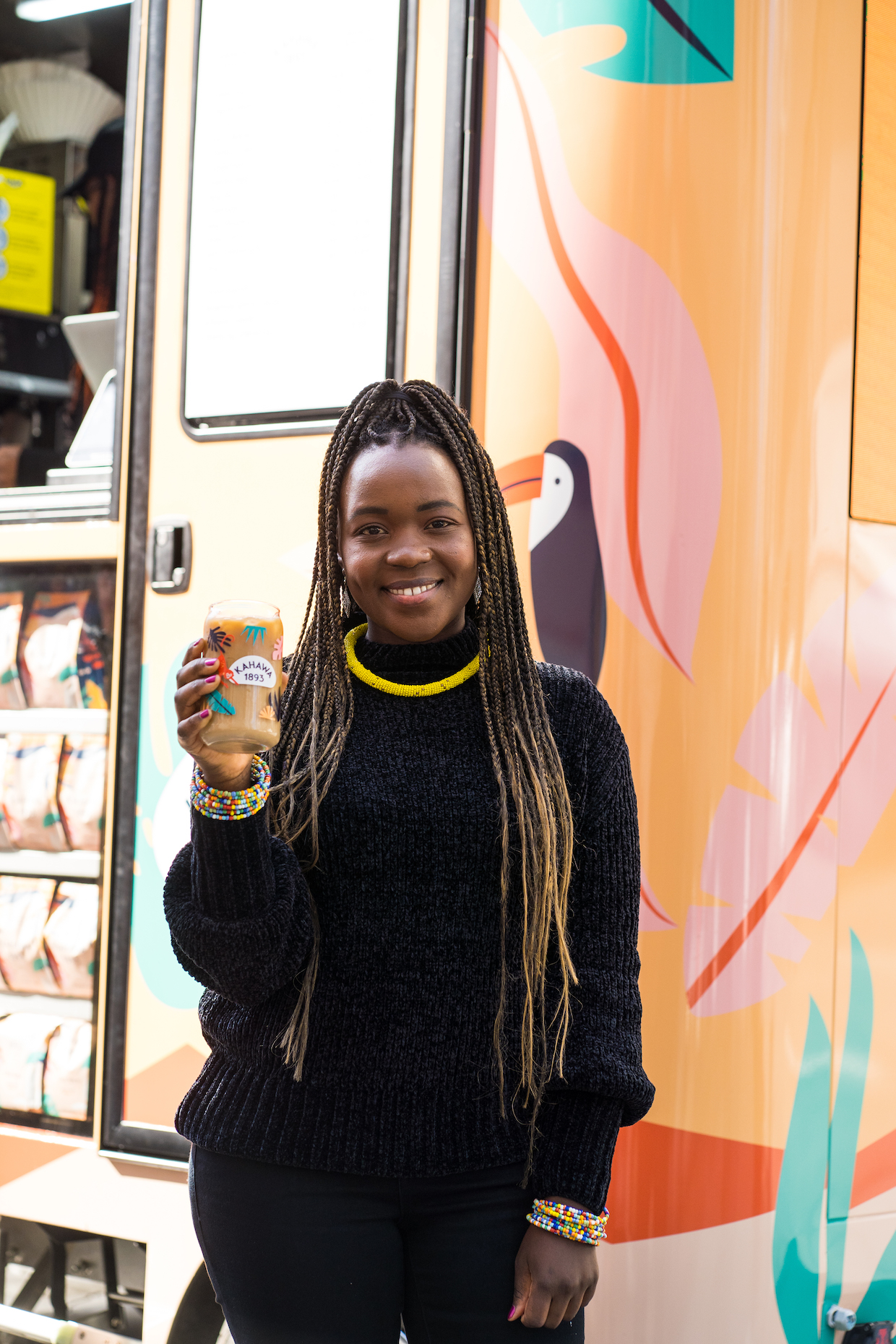



Comment